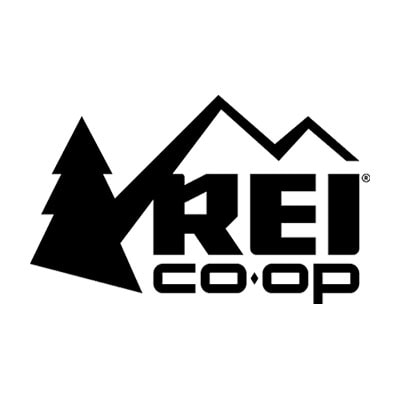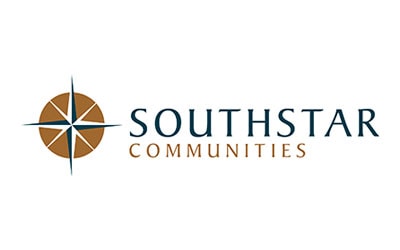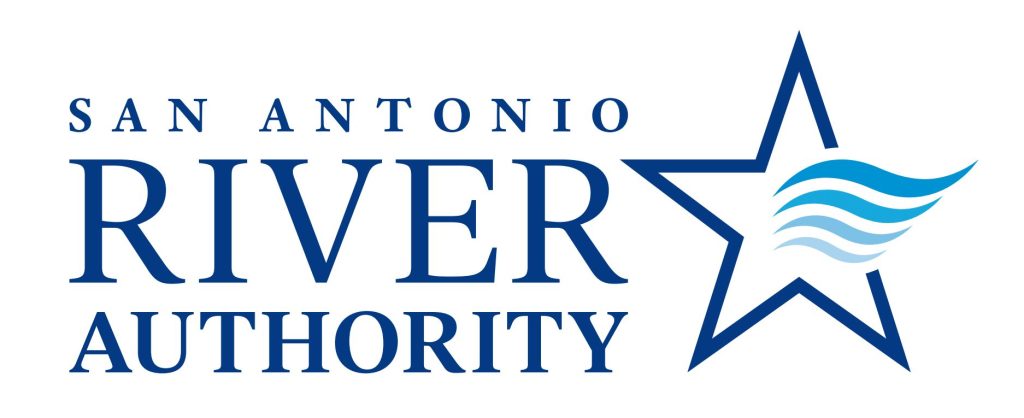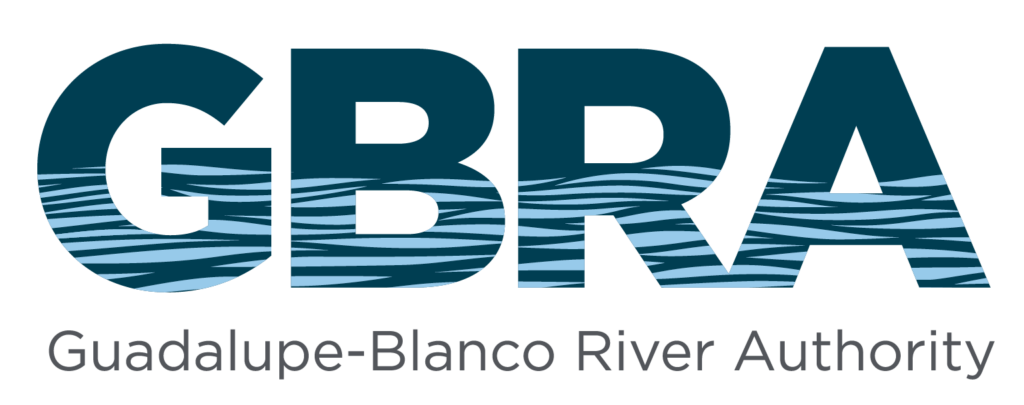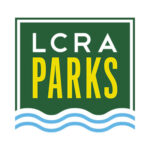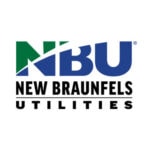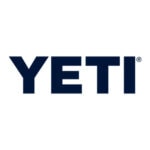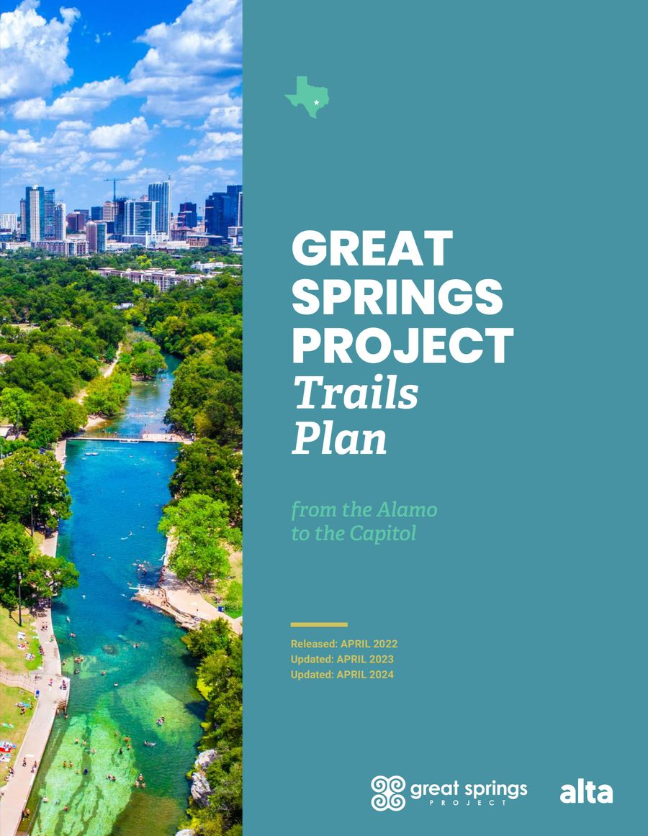A core value of Great Springs Project is respect for land and landowners. We encourage our partner communities along the corridor to engage with willing landowners who participate in this process on a voluntary basis. We do not endorse the use of eminent domain, except for rare cases in which it is preferred by the landowner. While GSP can facilitate connections between landowners and other stakeholders, we envision most actual land-related transactions to occur between landowners, land trusts, and local community trail operators and managers.
More specific landowner concerns for this type of project can include privacy, trespassing, protection of livestock, and liability. These are all valid concerns. In other similar trail projects, these concerns have been addressed through a combination of written agreements; an understanding of recreational use statutes that help protect landowners from liability; and most importantly through careful design of the trail, trail alignment, vegetative screening, buffers, and fencing. Participating landowners should drive these types of site-level trail alignment and design decisions.
In 2023, GSP is launching the next phase of implementation: direct door-to-door landowner engagement. With more than 95% of land in Texas privately owned, landowners play a vital role in the state’s conservation and connectivity future. GSP will initiate engaging discussions with key landowners in our region regarding the environmental, ecological, economic, and health benefits of our land conservation and connectivity mission. Guided by a core value of respect for private land and landowners as willing partners, we will provide information about the many ways landowners can benefit by partnering with Great Springs Project and how their concerns can be addressed to create a healthier, connected, and sustainable environment.



